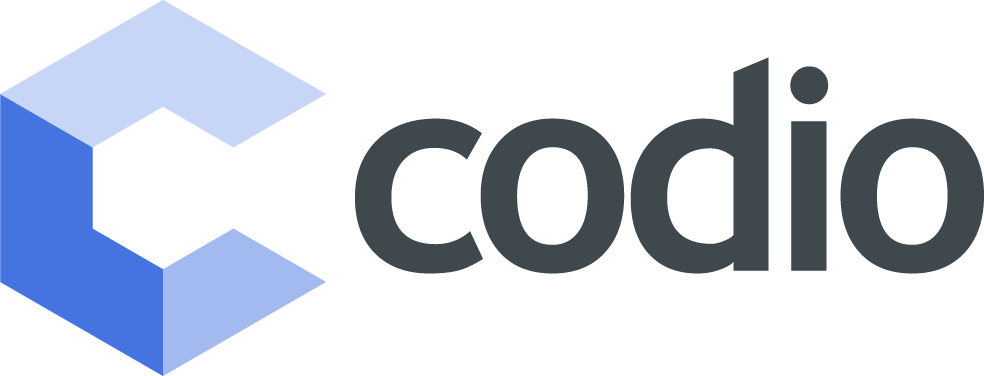
C++ Programming
Select Ready-Made Modules to Build Your Course
Constructing Knowledge Through Coding
Our Intro to C++ computer science course content emphasizes students applying and exploring the information presented. To provide a thorough introduction to C++ programming, a code editor accompanies each page with new concepts. With C++ basics presently clearly, students can see for themselves how the computer responds to code.
In addition, the content provides code snippets to get students started as well as suggested avenues for investigation. At the end of each module, students are asked to apply the skills they learned in a lab. This helps them to learn how to code in C++ in a practical, hands-on manner.
Auto-Graded Assessments
Students receive immediate, rich feedback to help them learn how to code in C++. In addition to correctness feedback (i.e. right or wrong), students will also see an explanation with the complete solution, covering the C++ basics.
There are a wide variety of questions - all of which are auto-graded, giving students a sense of their understanding of the material right after they are introduced to it and as they attempt harder and harder problems. Auto-graded assessments also include five coding exercises at the end of each module, where students are evaluated on the code they write.
Lowering the Barrier to Entry
This C++ intro course material reflects the need for computer science education to meet students where they are. Like any specialized community, computer science has its own jargon. The formal teaching of computer science should not burden students with the assumption that they are fluent in this special language.
The material is presented in smaller units that are more manageable for the students to fully grasp how to code in C++. The same vocabulary and concepts are covered, but in a more approachable way - state things as plainly as possible, and, when appropriate, use images, tables, or lists.
Another way in which our intro to C++ programming course content is more approachable is that it uses many small programs instead of one large program. Research shows that a variety of smaller problems increase student performance and reduce stress. Using many small programs leads to students spending enough time on their work, and they do not wait until the last moment to begin their work.
Encouraging Customization Through Modularity
This C++ programming course content is not a one-size-fits-all solution. Instead, it implements a modular format to explaining the C++ basics. Natural breakpoints occur in the curriculum where instructors can make the changes they deem necessary.
Instructors can re-name, re-order, or remove units and can author new material using Codio's powerful curriculum content authoring tools. These features give complete flexibility when designing the learner's experience.
What's Included?
- Interactive content with visuals and minimal text for maximum hands-on engagement
- Example code snippets that can be copied
- A fully-featured web-based IDE
- Run code with the click of a button
- Use Code Visualizer to see "under the hood"
- Parsons Problems and other formative assessments to help students check their understanding
What Is C++ Programming Used for?
C++ programming language is known for its versatility and high performance. From system and software development to game programming and real-time simulations, C++ excels in applications that demand efficient hardware interaction and computational power. Many industries such as finance rely on C++ programming for high-frequency trading algorithms. Meanwhile, embedded systems benefit from its efficiency in controlling system resources.
Is It Difficult to Learn C++?
Learning how to code in C++ doesn’t have to be challenging, especially for beginners. A well-structured Introduction to C++ course can help students understand C++ programming complex syntax, manual memory management, and multiple paradigms (procedural, object-oriented, and generic). The C++ basics often play a foundational role in understanding computer science concepts for computer science students.
Is C++ useful or Python?
When it comes to C++ programming vs. Python, you must compare the use case and desired results. Python has a user-friendly syntax, readability, and rich library support, making it a go-to choice for web development, data analysis, and quick prototyping. On the other hand, C++ programming is better suited to high-performance scenarios and systems programming where speed is absolutely critical.
Is C++ a Dead Language?
No, C++ programming is not a dead language. While newer languages have developed since its inception, the legacy support and high performance still makes it extremely powerful. C++ has secured its place as a prominent programming language because of versatility and ability to handle high performance tasks.
C++ courses are currently taught in different institutions because of its widespread use in multiple industries. Knowing how to code in C++ is still a valuable skill.


